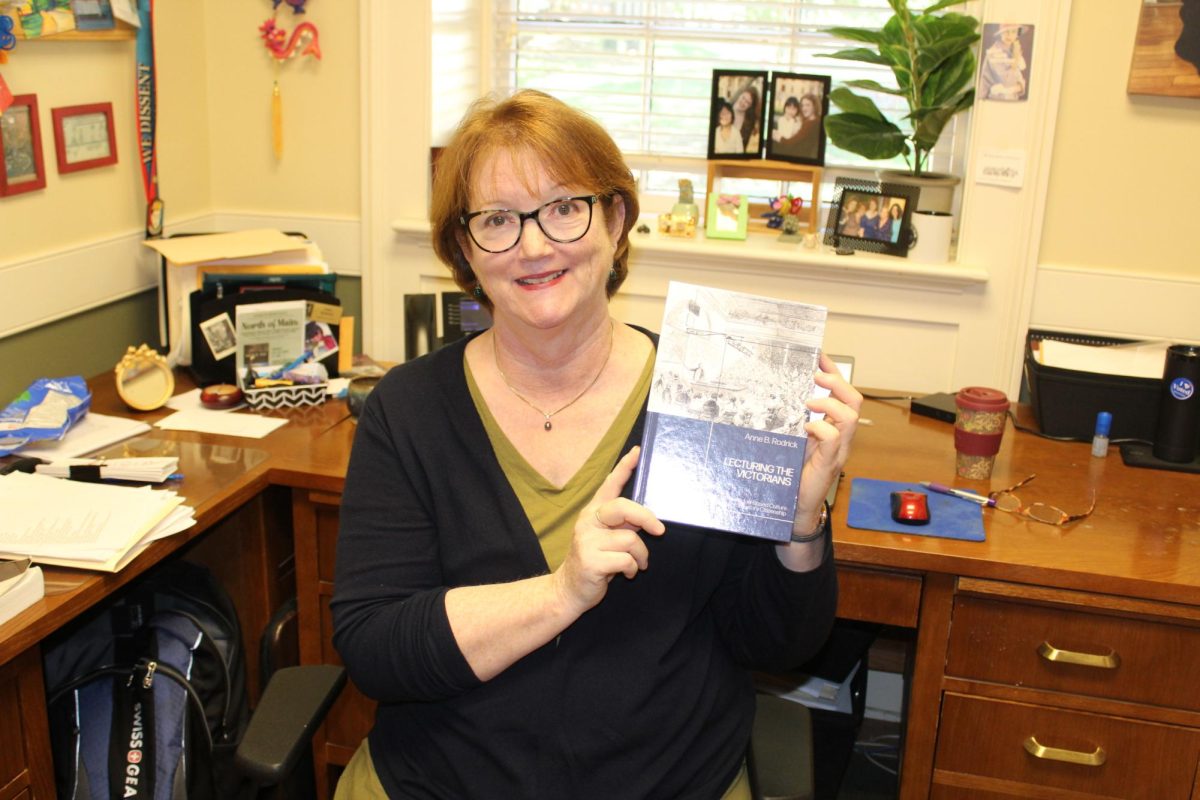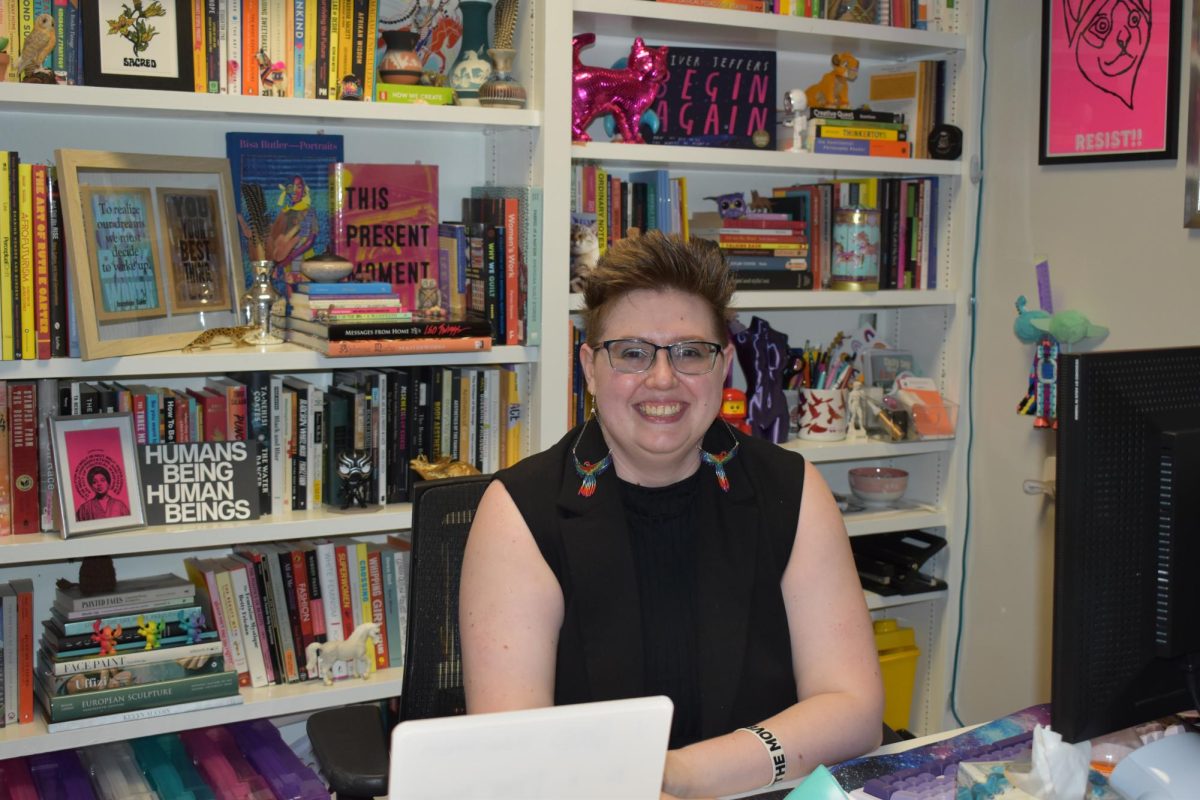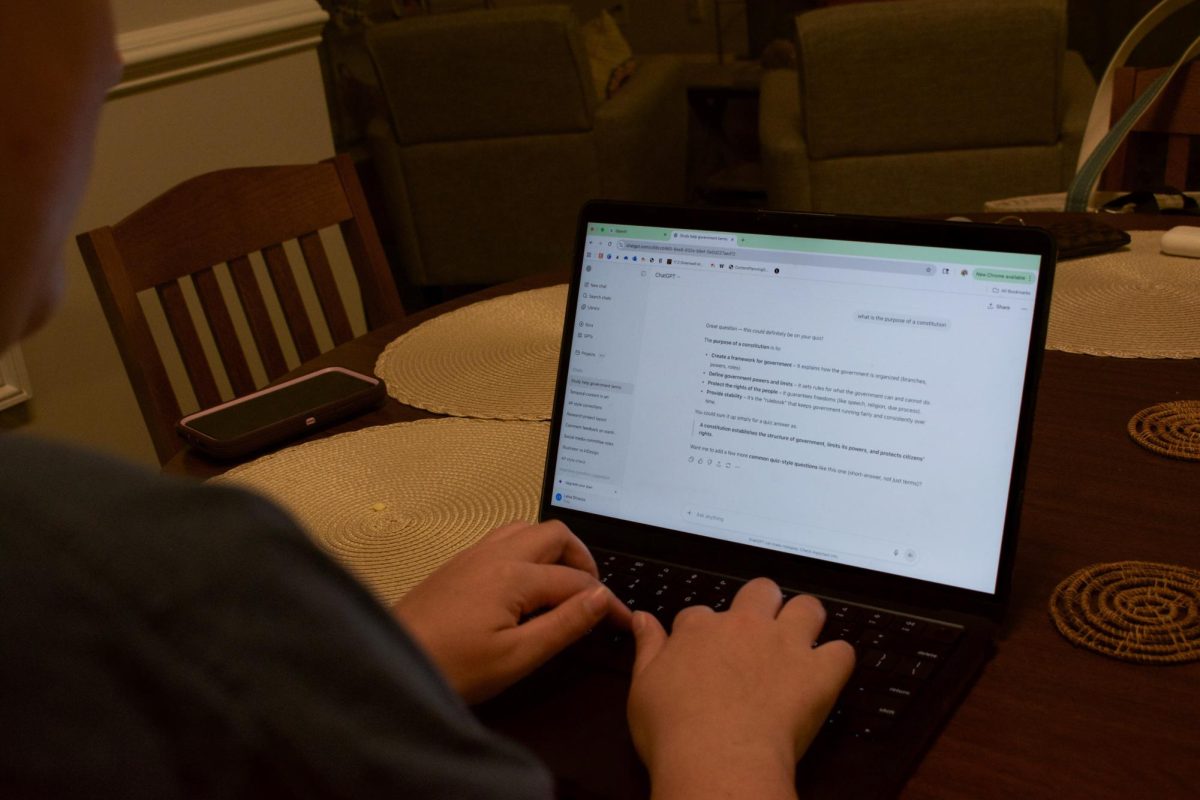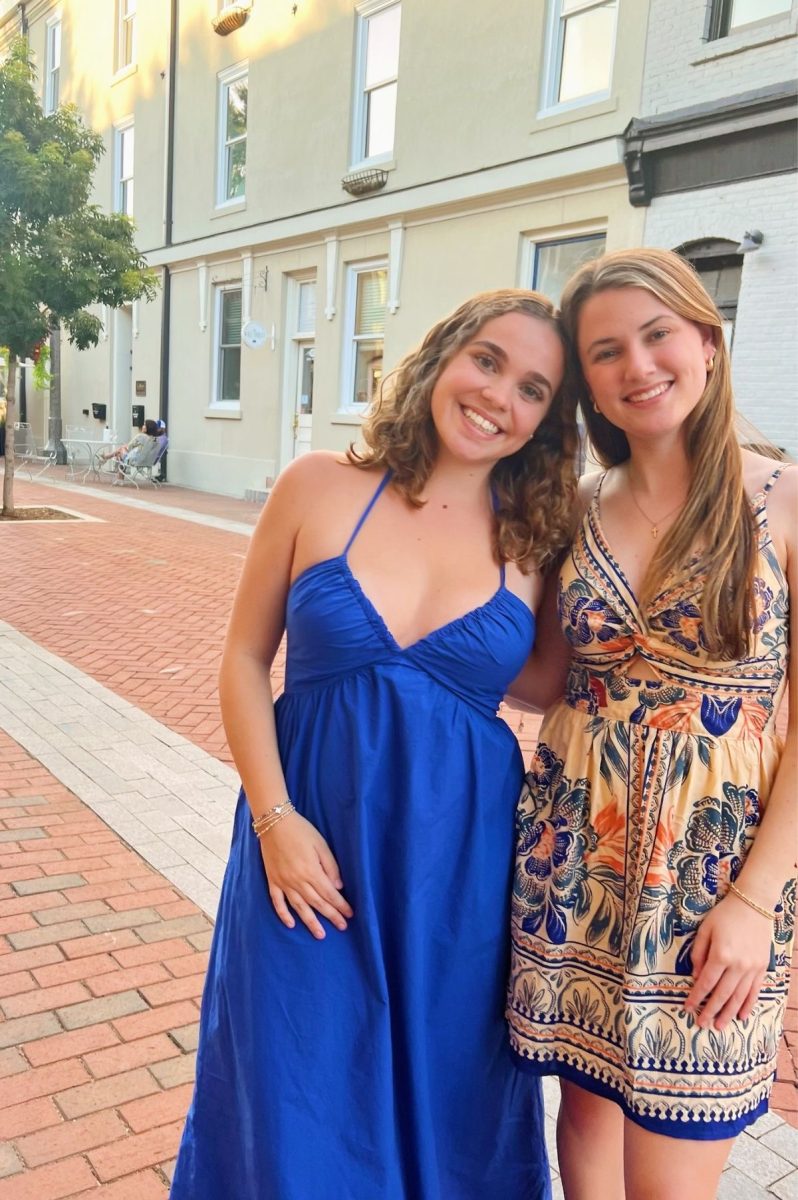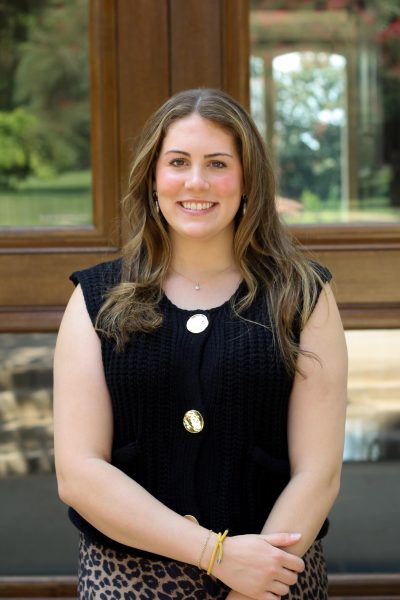After ten years of sifting through thousands of lectures and compiling research, editing, rewriting and finally sending it off to the publisher– Dr. Anne Rodrick has finally finished her third monograph “Lecturing the Victorians: Knowledge-Based Culture and Participatory Citizenship”.
Rodrick is a history professor at Wofford and has been since August of 2000. She serves as the Reeves Family Professor of History as well as the only professor and advisor for the humanities major.
“When I was little, I wanted to write books and then when I was a little bit bigger, I wanted to be a librarian who lived in her library. That was my childhood dream,” Rodrick said.
While she didn’t end up living in her library, this will be Rodrick’s third authored book added to her office bookshelf, with all of them focusing on historical England in some aspect– one of Rodrick’s specialties.
“I’m looking at how the popular lecture developed and specifically how it became such a fixture in everyday life and everyday culture … It was incredibly important to English culture, and no one had done any work on it,” Rodrick said.
Rodrick ventured into unmarked territory because of the sheer magnitude of sources and lectures the topic had– no one had wanted to compile the research before. She dealt with thousands and thousands of lectures during her ten years of writing.
“Had I known how much work it would be in the beginning, I don’t know what I would have done and that’s why it took me 10 years,” Rodrick said.
She serendipitously stumbled upon a journal titled, “The Journal of the Society of Arts” which detailed things happening in England at the time that made the country so great– a journal targeted towards members of the elite. From there, Rodrick stumbled down a rabbit hole of sources and lectures, trying to make sense of her findings.
“A lot of institutes had pretty hefty lecture series and the [Society of Arts] journal published them. It’s the first place that you can see an aggregation of what people were talking about. I thought ‘Oh my gosh, this is going to be way more varied than I thought it was going to be’,” Rodrick said.
Rodrick filled her house with papers and journals for ten years to complete this book. She mentioned that while Wofford is generous with summer research grants, there simply was not enough time for a monograph of this magnitude to be completed over the summers. Many hours over the school years after classes and meetings contributed to the book published today.
“There is one copy of the Lecturer’s Gazette in the world and it’s in the British Library, so I had it copied,” Rodrick said. “I have a very incomplete but much more complete handle on what that culture looked like than anybody else at this point just because I’m the first one to do it. I will not be the only one. People will take this work, and they will build on it because it needs to be built on but it’s a good foundation.”
Because one of Rodrick’s specialties is dealing with Victorian-era England, she knows a lot about the country itself and its provinces. Her previous books focused on Birmingham and London, and she felt it was time to venture outside the city as she has always been interested in provincial identity.
“These popular lecture programs became a really important way for towns and really smaller cities out in the provinces to stake the claim that they were as knowledgeable and as cultured as London was,” Rodrick said.
Not only did Rodrick dedicate hundreds of hours to the research and writing process of this book, but she needed to figure out a way to phrase how culture fit in with knowledge. She coined a term that has already received rave reviews from the history community.
“One of the things that is important about this book, and I’m not trying to brag, but because nobody had done this work before I had to figure out how to refer to the sort of popular culture that this fit into and so I coined the term knowledge-based culture,” Rodrick said.
So far people who have read the book have said ‘Oh we really needed this phrase because it describes what is happening in the second half of the 19th century. Knowledge-based culture is– I hope– my contribution to the field.”
Because she always wanted to be an author or librarian who lived in her library, Rodrick is not done writing and has already started scouting her next project. A true historian at heart, she has delved into how gossip played a role in science and why gossip, though most often taken with a negative connotation, can be useful for discoveries.
“I’m working [with] a journal called ‘Science Gossip’ which was published beginning in the 1860s … it is a journal for people who were working in the natural sciences … it included both pretty serious scientific articles and just gossip … and it is hilariously funny to read … the gossip has a kind tone and I’m looking at [it] as an interaction in communities of knowledge,” Rodrick said.
Rodrick mentioned how attached she became to the people she had researched, saying she grieved their deaths and laughed aloud at some of the things they would say. She put her blood, sweat and tears into her latest book and can now watch as the book she called her baby is held in the hands of others and read across the world.





























